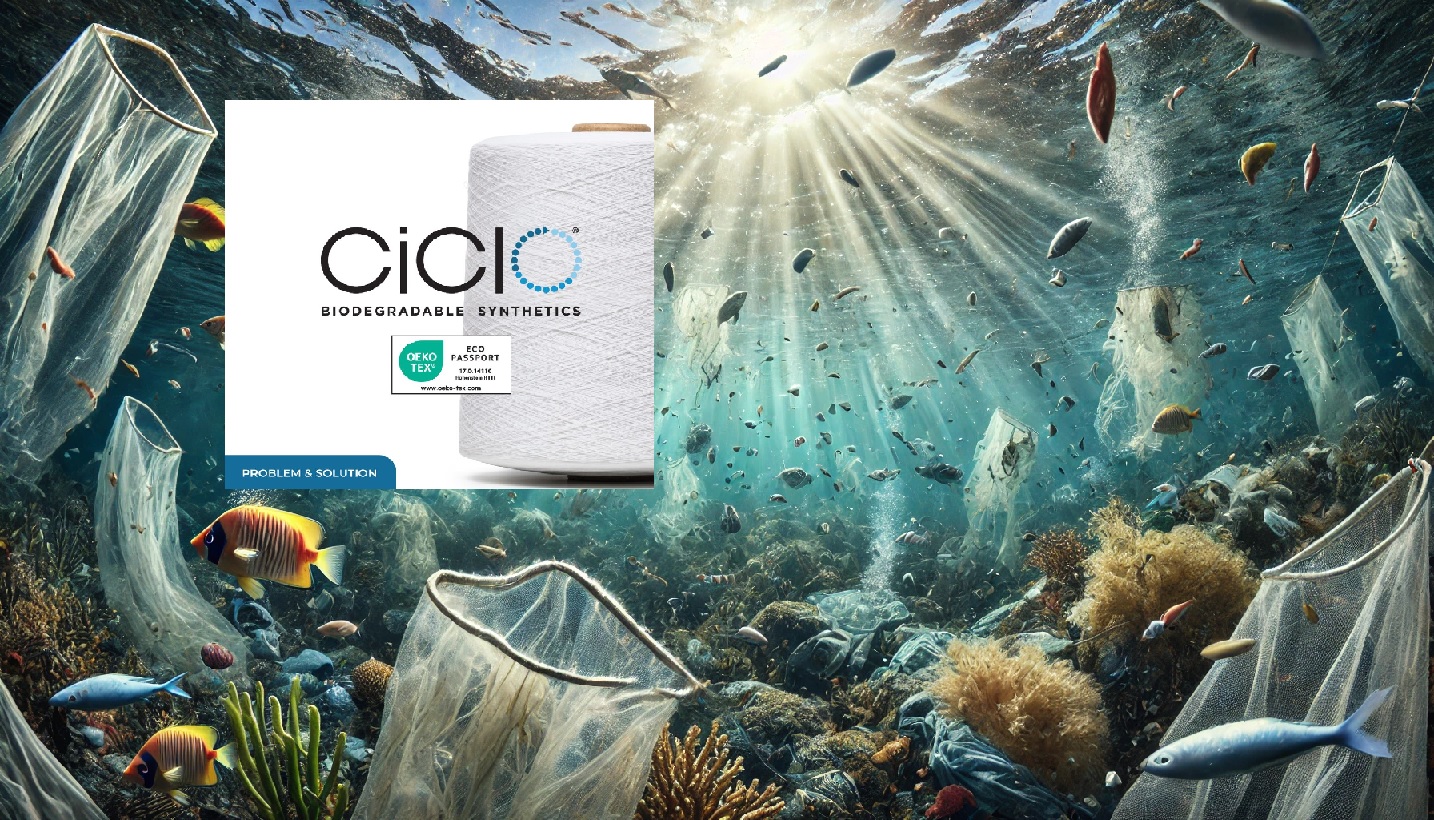Textile Waste Crisis
The global textile industry churns out over 92 million tons of waste annually, primarily due to overproduction and the rapid turnover of fast fashion. Polyester, a prevalent fiber, is particularly problematic due to its non-biodegradable nature and energy-intensive production process. Most textiles are discarded after brief use, with a very little percentage of consumer-used clothing being recycled or reused. The rest is incinerated or dumped, further straining the planet’s resources. Moreover, the lack of scalable recycling technologies and efficient supply chains worsens the crisis.
Environmental and Ethical Concerns
The environmental fallout from this waste is devastating. Landfills release greenhouse gases as textiles decompose, while microplastics from polyester fabrics pollute our oceans. Water resources are also heavily taxed due to cotton cultivation and dyeing processes. The fashion industry’s water use, carbon emissions, and chemical pollution present ethical concerns that consumers and brands are finding harder to ignore.
Ambercycle’s Circular Approach
Ambercycle addresses these challenges with a revolutionary solution: a circular approach to textile production. Their proprietary chemical recycling technology, which breaks down post-consumer polyester textiles to their base polymers, offers a sustainable alternative to traditional disposal. Here’s how it works:
- Material Collection: Used polyester garments are collected from various sources, including consumers and industrial waste streams.
- Depolymerization: The garments are chemically broken down into their basic building blocks, recovering valuable monomers.
- Purification and Repolymerization: These monomers are purified and reassembled into high-quality yarns indistinguishable from virgin polyester.
- Reintegration into Supply Chain: The recycled yarns are integrated into the supply chain for use in new garments, ensuring the continuous lifecycle of textile materials.
The Broader Impact
- Closing the Loop: Ambercycle’s technology provides a practical path to a truly circular economy. By keeping valuable resources in the loop, it reduces reliance on raw materials.
- Reducing Carbon Emissions: Recycling polyester requires significantly less energy than producing new fibers, reducing emissions and contributing to global climate goals.
- Consumer Confidence: Brands can confidently market sustainable products made from Ambercycle’s recycled fibers, satisfying the growing consumer demand for eco-friendly fashion.
- Collaboration Opportunities: The technology offers new collaboration opportunities across the supply chain, fostering partnerships that prioritize sustainability.
How You Can Participate
Brands and consumers both play a pivotal role in pushing the fashion industry toward circularity. Consumers can:
- Choose Wisely: Opt for clothing made from recycled fibers or ethically sourced materials.
- Reuse and Recycle: Donate old garments or participate in collection programs instead of throwing them away.
Brands can:
- Integrate Sustainable Materials: Incorporate Ambercycle’s yarns or similar recycled materials in new products.
- Support Innovation: Collaborate with recycling innovators to develop scalable solutions.
Final Thoughts
Ambercycle’s technology is a powerful tool that could reshape the fashion industry. By tackling the textile waste problem head-on, they offer a viable alternative to a linear production model. This solution empowers brands to adopt more sustainable practices and allows consumers to make better-informed choices. The future of fashion is circular, and Ambercycle is at the forefront of this revolution. Are you ready to join the movement?



